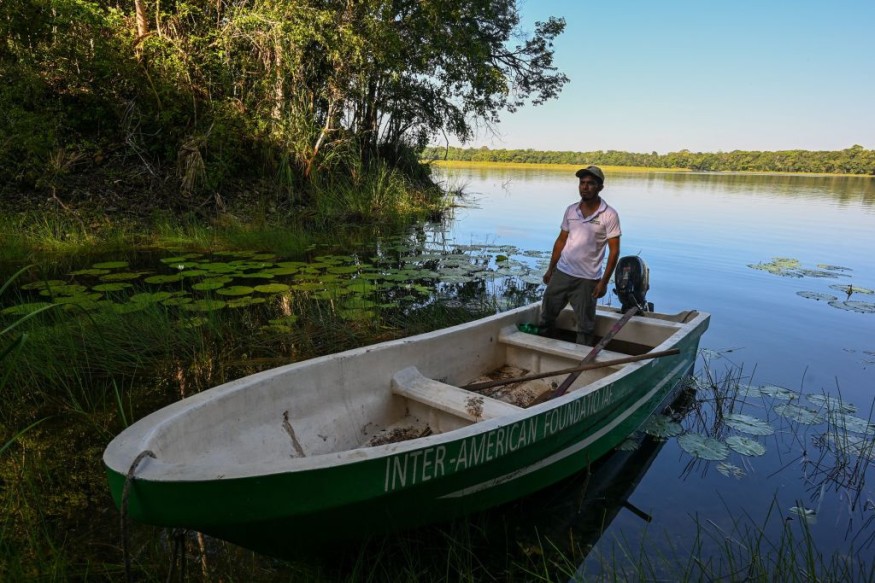
An international court ruled that Guatemala violated Indigenous rights by allowing a massive nickel mine on tribal property nearly two decades ago.
Rights of Indigenous Q'eqchi' people
A ruling from the Inter-American Court of Human Rights, as read by Costa Rica, said that the Guatemalan government violated the rights of the Indigenous Q'eqchi' people to property and consultation by allowing mining on territory where members of the community had resided since at least the 1800s.
The court related the human rights violations to "inadequacies in domestic law," which failed to acknowledge Indigenous property, in its written sentence, and ordered the state to pass new legislation.
The unprecedented decision is a watershed moment in a four-decade quest for Indigenous land rights and a protracted, contentious judicial battle that has occasionally spilled onto the streets of northern Guatemala.
It also coincides with the conclusion of the United Nations. The COP28 climate summit emphasized the necessity of renewables and energy transition commodities like nickel more than ever.
Leonardo Crippa, an attorney with the Indian Law Resource Center who has been researching and representing the community since 2005, said the verdict against the state of Guatemala was a once-in-a-century advance for Indigenous rights in Guatemala and abroad.
"All courts will have to secure that any decision that this made on mining, on Indigenous lands or titling of Indigenous land is done in a way that is consistent with what the court decided today," he added.
The court additionally ordered an immediate halt to all mining activity, gave Guatemala six months to begin issuing the community a land title, and established a development fund.
It said that no additional mining could take place without the community's approval.
Long Life Battle
For local leader Rodrigo Tot, the verdict is vindication of a lifelong battle against the mine and the state that took his son's life.
Just under two decades ago, Guatemala gave Canadian corporation Hudbay huge exploration permits at the Fenix mine in eastern Guatemala.
Tot's kid was killed by the mine's chief of security in 2009.
Following Tot's son's murder and over a decade of national and now international litigation, documents were leaked that appeared to show the mine attempting to divide the community by buying certain people to speak in court in support of the mine.
As a result, the U.S. Treasury sanctioned two Solway officials implicated in the allegations in November 2022.
From 2006 to 2019, the group was subjected to "violence, threats, and harassment," according to the verdict issued.
The US Treasury penalties imposed on the two Solway employees who were sacked were not included in the court's verdict.
Meanwhile, according to research published last year, more than half of existing and planned important mineral mines are located on or near Indigenous property.
In his speech at COP28, United Nations Secretary-General António Guterres warned of the possibility of such a confrontation as demand for minerals such as nickel develops.
"The extraction of critical minerals for the clean energy revolution - from wind farms to solar panels and battery manufacturing - must be done in a sustainable, fair and just way," Guterres said.
© 2026 NatureWorldNews.com All rights reserved. Do not reproduce without permission.





